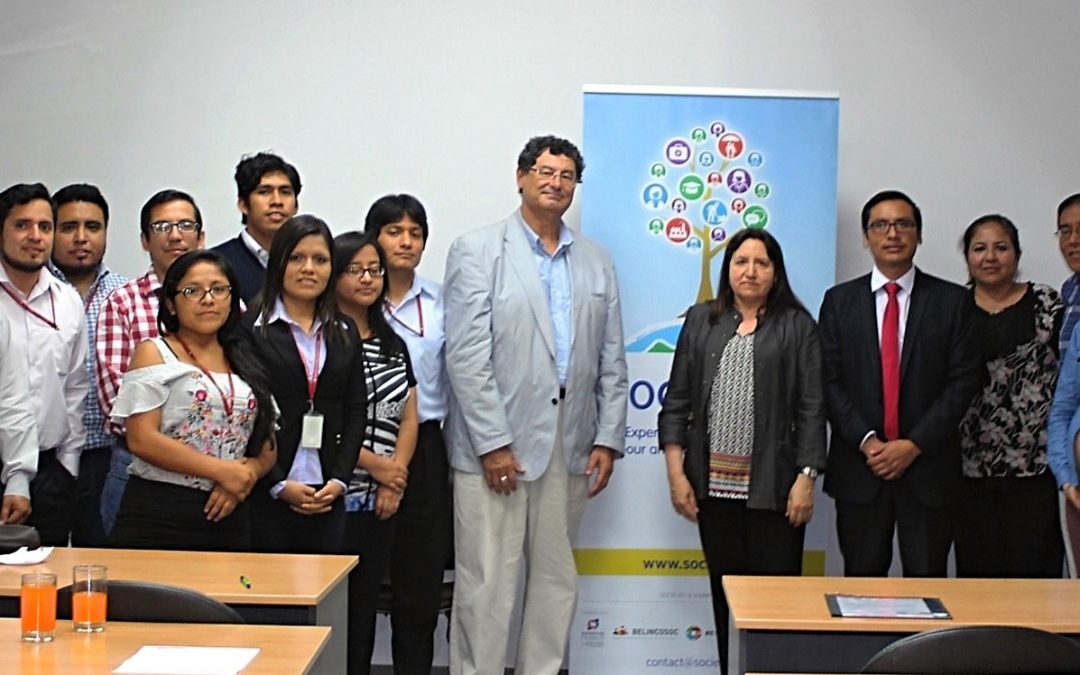SOCIEUX+ in Peru: Fostering the production and use of labor market indicators from administrative data
To fulfil its objective of supporting public institutions to develop more efficient and inclusive employment policies, SOCIEUX+ held a workshop in Lima entitled, “Collecting Labor Market Information through Administrative Record Analysis in Small Geographic Areas,” from 2-15 May, 2018. Workshop participants included public employees from the Socioeconomic Labor Research Directorate of the Peruvian Ministry for Labor and Employment Promotion (DISEL), as well as officials from the Ministry of Finance, the Central Bank, and the National Institute for Statistics (INEI).
The workshop’s objective was to foster the production and use of labor market indicators (LMI) that would factor in the specific conditions of Peruvian labor markets. This was expected to be achieved through screening and analysis of national surveys and administrative records. It would eventually provide public authorities with more dependable and consistent information to assess progress in the labor and employment fields.
The workshop introduced the European Union’s experiences in the field of LMI production, as well as the main pillars of the European Strategy for 2020. It was also an opportunity for the trainers to address the indicator system for monitoring national employment policies.
Both INEI and DISEL, which are responsible for the LMI in Peru, presented their production and monitoring tools, which sparked fruitful conversations and exchanges between members of the two institutions.
A significant portion of the workshop was dedicated to the characterization of the Peruvian labor market, its hypothetical match with traditional indicators, and drafting unique indicators that would take into account the specific conditions of the Peruvian labor markets. The discussions also dealt with informal labor indicators based on administrative records and surveys, underemployment indicators, gender and youth indicators (e.g., NEET indicators), labor quality assessment, decent work, etc.
Lastly, attendants focused on statistical and econometric methods applied to small geographic areas, dealing notably with the use of big data and machine learning. Divided into working groups, attendants brainstormed about a new application and its possible adequacy with the methods and indicators discussed during the workshop. The workshop concluded with a presentation of medium- and long-term action plans by participants in their respective fields.
(SOCIEUX+ 2017-07 Perú, Act. 1, 16/05/18).








